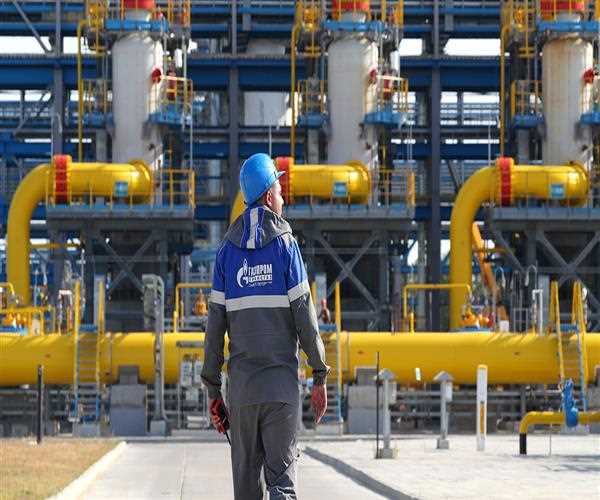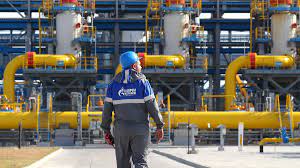Russian energy is of critical importance to the European Union. In 2021, the EU imported 155 billion cubic meters (bcm) of natural gas from Russia, which accounted for about 45% of total gas imports. Russia was also the EU's largest supplier of crude oil (about 108.1 million tonnes) and the largest supplier of petroleum products (91 million tonnes). In addition, Russia supplies the EU with coal, uranium, and other energy-related commodities.
The EU's reliance on Russian energy has a number of implications. First, it gives Russia significant leverage over the EU's energy security. Russia has used this leverage in the past to threaten to cut off gas supplies to the EU, which would have a significant impact on European economies.

Second, the EU's reliance on Russian energy makes it vulnerable to price shocks. Russia has a history of using its energy exports as a political tool, and this has led to volatility in European energy prices.
Third, the EU's reliance on Russian energy is a major obstacle to the bloc's climate goals. The EU has committed to reducing its greenhouse gas emissions by 55% by 2030, but this will be difficult to achieve if the EU continues to rely on fossil fuels from Russia.
The war in Ukraine has highlighted the importance of reducing the EU's reliance on Russian energy. The EU has already taken some steps to reduce its dependence on Russian gas, such as diversifying its suppliers and increasing its use of renewable energy. However, more needs to be done to break the EU's dependence on Russian energy.
The EU's long-term goal should be to become fully independent of Russian energy. This will require a significant investment in renewable energy and energy efficiency. It will also require the EU to work with its allies to develop new sources of energy.
Reducing the EU's reliance on Russian energy is a complex challenge, but it is essential for the bloc's security, economy, and climate goals.
